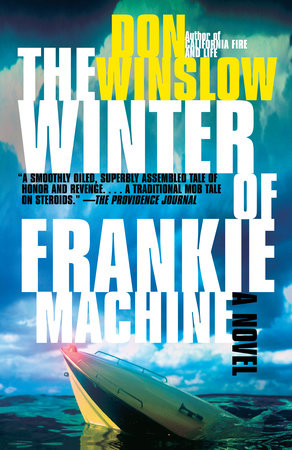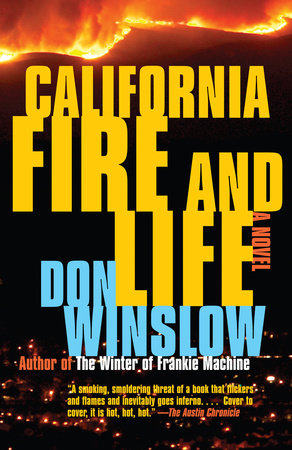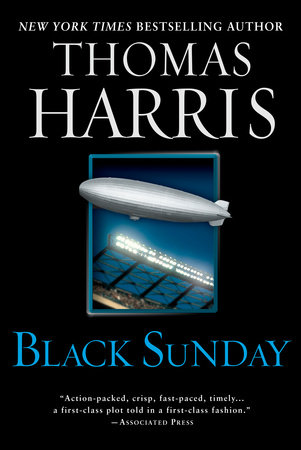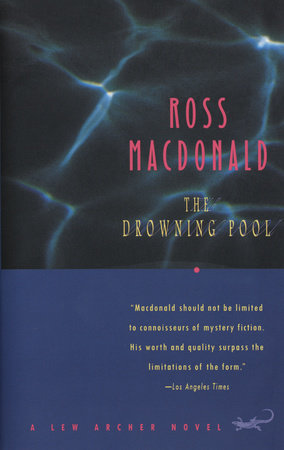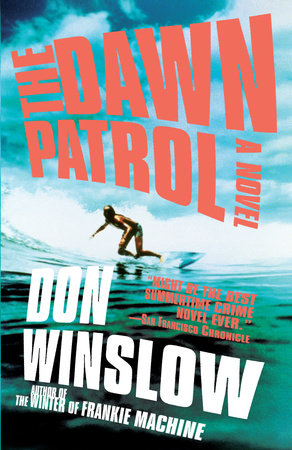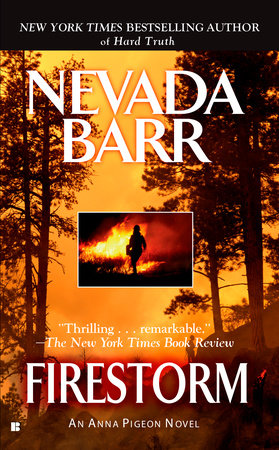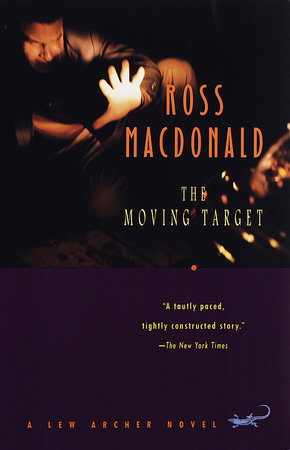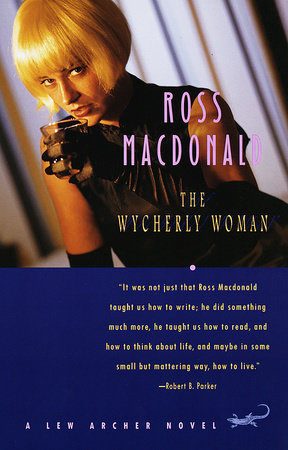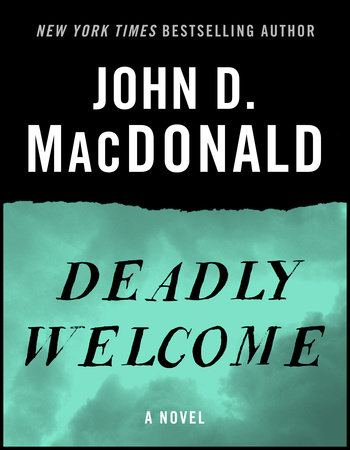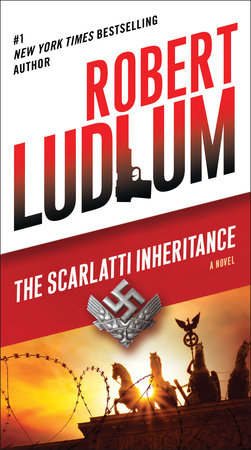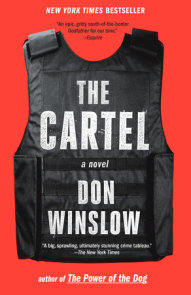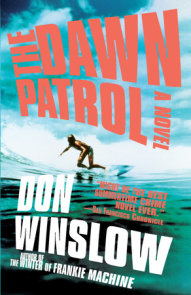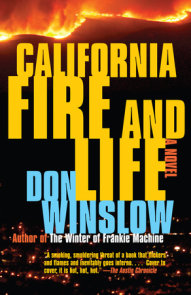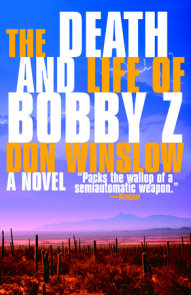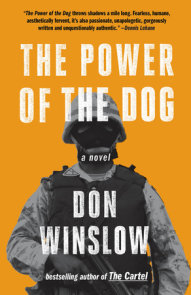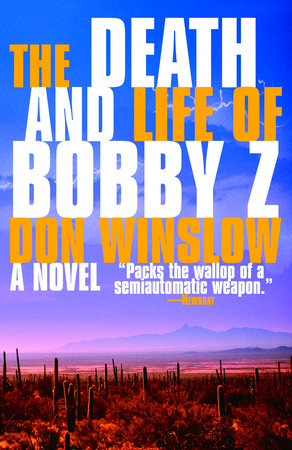Author Q&A
Q: Where did the idea come from for this fabulous character who is at once the much loved ‘Frank the Bait Guy’ and also a hardcore hitman?
A: You know, I knew a few mob guys when I was growing up, and to us, at that age, they were just guys around the neighborhood. We saw them making big pots of pasta at parties, or fooling around on the beach, or hanging out the corner store. They gave you dimes for comic books, bought you ice cream, looked out for you. They weren’t ominous figures to us kids. I guess we had a vague awareness that they did something different for a living, and from time to time, they disappeared for a while, but otherwise, they were just sort of there. So Frankie is inspired by those guys.
Q: The mob is frequently portrayed in books, film and TV, though Frank at one point shrugs off the Godfather movies as inaccurate. When approaching Frankie Machine, did you have a specific idea of something different you could bring to the genre?
A: I saw The Godfather with the next generation of mob guys and they liked the portrayal of themselves they saw in the film and adopted quite a bit of it as their personal style. In terms of what I could do differently . . .I wanted to do a sort of valedictory mob novel, if you will. I wanted to write a novel set during the Mafia’s swan song. That’s one reason that it’s set on the West Coast ? traditionally, that’s where things go to die—into the sunset. I also wanted to write a specifically "California" mob novel, because most of them are set on the East Coast or in Las Vegas. I really wanted to try to capture the California attitude and relative lack of organization and ritual, and, at the same time, give the reader a sense of the history of organized crime out here, and its connection to larger events—such as the election of Richard Nixon, the Hoffa affair, and the S&L scandal.
Q: Is there really such a thing as The Gentleman’s Hour?
A: Sure. You’re invited.
Q: Frankie Machine is already in the works as a major motion picture, with Robert De Niro attached to star. You’ve also done some writing for both film and TV. Do you see yourself branching out more in Hollywood?
A: No. In fact, just the opposite. I’m pretty happy sitting on my isolated ranch writing novels.
Q: Having achieved commercial success with writing both screenplays and novels, do you prefer one type of writing to another?
A: Novels, definitely. The novel is a finished product—the screenplay an early-intermediate product. With the novel, I have control, or, at least, the illusion of control. I also just like writing narrative prose.
Q: You’ve also spent some time directing in the theater. How was that experience?
A: Great. Although I’m always relieved when it’s over. I like the immediacy of the theater, having the audience right there in real time and space.
Q: Are you a good surfer?
A: If you define surfing as a combination of falling and swimming, I’m superb.
Q: Franks juggles careers in various businesses, which, after looking at your bio, sounds familiar. Are you also as morning-minded and methodical?
A: Sigh. Yes. My wife, Jean, was just reading the book last night and commenting—with entirely too much glee—"That’s so you." I hasten to add that I’m not and never have been a hit man.
Q: In a previous interview, you mentioned that the strength of the Sicilian mob is waning while that of the Mexican cartels and Russian mobs is gaining. You’ve covered the Mexican drug cartel, in The Power of the Dog. Frankie Machine covers the weakening Sicilians. Are the Russians your next project?
A: You know, I did them in California Fire and Life. To the extent that I’m writing about organized crime anymore, it will be about the relationship between Mexican, Filipino and Polynesian street gangs in the National City area of San Diego. San Diego County, as of 2006, has no ethnic majority, and I’m really interested in the new culture that seems to be evolving out here. It’s almost a new language, and I’m really excited about dealing with that.
